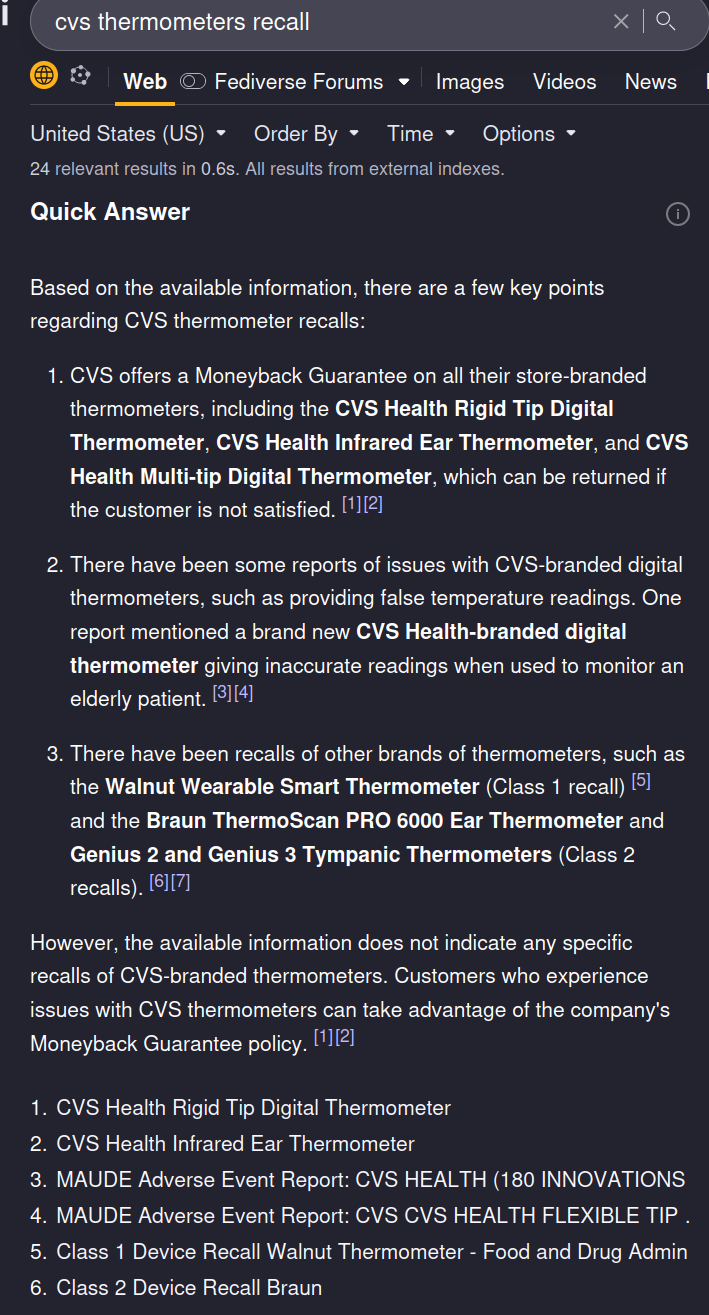

Never liked him, but I acknowledge that he had some effective economic policies during his time as mayor. He was at least competent and sane. He went completely off the rails a long time ago, though.
He’s often credited with cleaning up Times Square, which was known for prostitution back in the 80s. But honestly, he reaped what his predecessors sowed to a large degree.
He used 9/11 like his personal sword and shield. He was lucky to be in a prominent position related the biggest and least controversial issue in America. I don’t imagine he ever would have been on the national stage otherwise. He was pretty much at the natural end of his career before then.
NYC has a history of conservative mayors, which seems a bit odd since we’re so solidly liberal in federal elections. It sure doesn’t help when we get a Democrat as infantile and corrupt as our current mayor, Eric Adams. See: https://en.wikipedia.org/wiki/Federal_prosecution_of_Eric_Adams







Also worth mentioning: you might still need to add the “most recent visit” column under the View menu. And if you dare to actually load any of those pages, they’ll move all the way to the top, and will not remain in their original location. It’s really annoying.